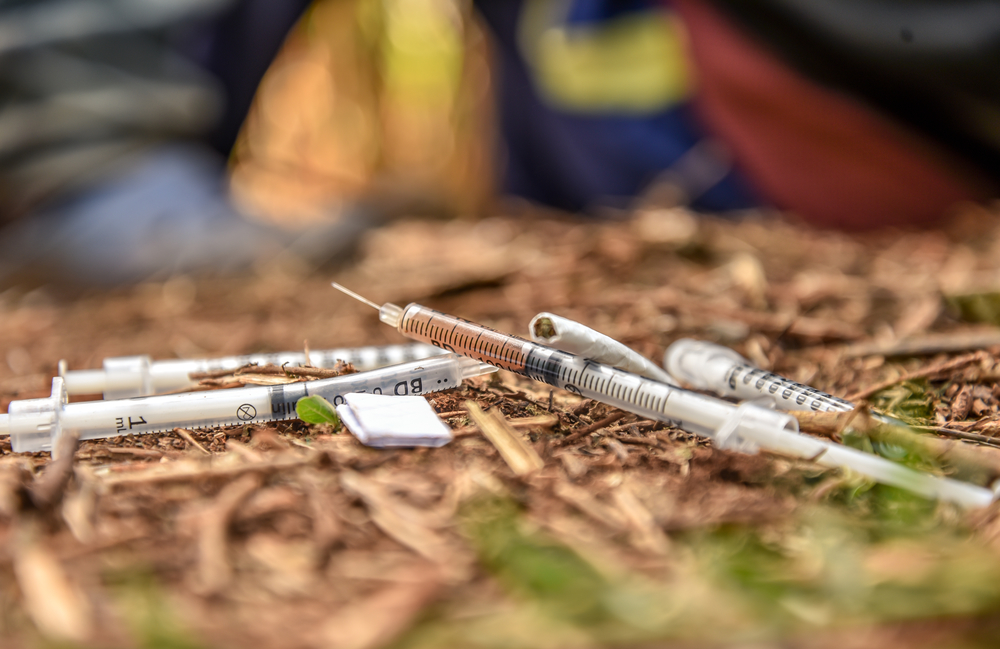When she was almost at nine months of pregnancy, 27-year-old Mejumaa Chaka was tested and found to have hepatitis B virus, meaning she has increased chances of transmitting the same to her baby during birth. “I would feel a sharp pain in the stomach, so earlier this month I went to my clinic in Lunga Lunga, from where I was referred to Msambweni hospital, which did not also have the test kits so I was again referred to [MSF hospital in] Mrima where I was tested for Hepatitis B and found to be positive,” says Mejumaa. She was put on treatment and will be followed up even after birth, which she hopes should be in a few weeks.
Left unchecked and untreated, Hepatitis B can be easily transmitted from an expectant mother to her child during birth, but this can be remedied through timely vaccination. Most adults with hepatitis B recover fully, even if their signs and symptoms are severe. Infants and children are more likely to develop a chronic (long-lasting) hepatitis B infection.
Out of the 325 million people living with viral hepatitis globally in 2018, 290 million are living with hepatitis B or hepatitis C unaware. These trends are expected to increase with time if the strategies outlined for elimination of hepatitis epidemics as a major public health threat by 2030 are not implemented. These interventions include immunization; timely hepatitis B birth dose for prevention of mother to child transmission; blood and surgical safety in healthcare settings; harm reduction in people who inject drugs (PWID) and effective treatment for hepatitis.
An ongoing survey by Médecins Sans Frontières (MSF) that started in 2019 at the Mrima Maternity Hospital in Likoni, Mombasa, shows that more than 9% of expectant mothers visiting the facility for antenatal care have Hepatitis B virus.
“Currently, the Kenyan national health guidelines only have provision for treatments for syphilis and HIV among pregnant women to prevent transmission to child during birth. Hepatitis B is largely left out and only given to the infants six weeks after birth, which exposes them further,” says Andrea Isenegger, the project coordinator for MSF in Likoni.
In February 2020, MSF started providing HBV vaccinations to expectant mothers who are negative for the HBV virus, and putting those who turn positive on treatment during antenatal visits. After delivery, the new-borns are also vaccinated immediately as per the WHO and Kenya Paediatric Association recommendations. Since February when MSF started HBV screenings and vaccinations in Mrima, it has offered HBV treatment and vaccines to 1,557 mothers, and vaccinated 2,819 new-borns.
In Kiambu County, where MSF provides integrated and comprehensive medical services to people who use drugs, it provides vaccinations against HBV for all patients and currently provides diagnosis and treatment for hepatitis C virus.

HCV has been a silent killer among people living in low- and middle-income countries, with injecting drug users being among the most vulnerable populations for infection due to their lifestyle, including sharing of unsterilized needles and syringes.
Due to the high costs involved and lack of access to diagnostics and treatment for viral hepatitis, many go untested and die silently. Without finding the undiagnosed and linking them to care, millions will continue to suffer, and lives will be lost. On World Hepatitis Day, 28 July, we call on people from across the world to take action and raise awareness to “find the missing millions,” which is this year’s global theme.
![Mother with her new-born baby in the inpatient department in the Mrima Health Centre.[ MSF/Arjun Claire ] A mother with her new-born in Mrima Hospital](/sites/default/files/styles/hero_desktop/public/msfimages/news/msf279632_medium.jpg?itok=yH7zzYSG)